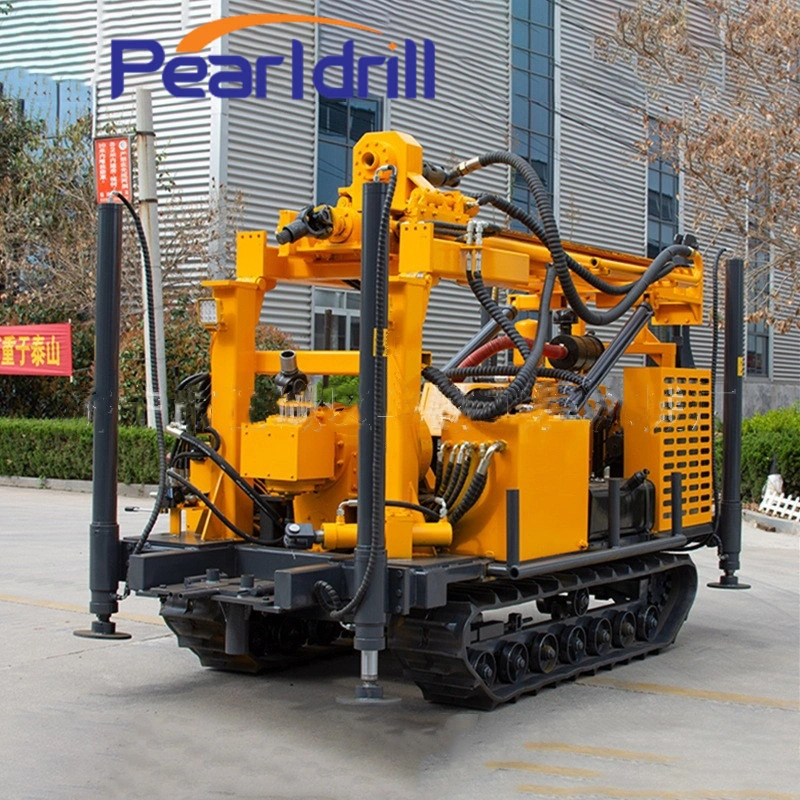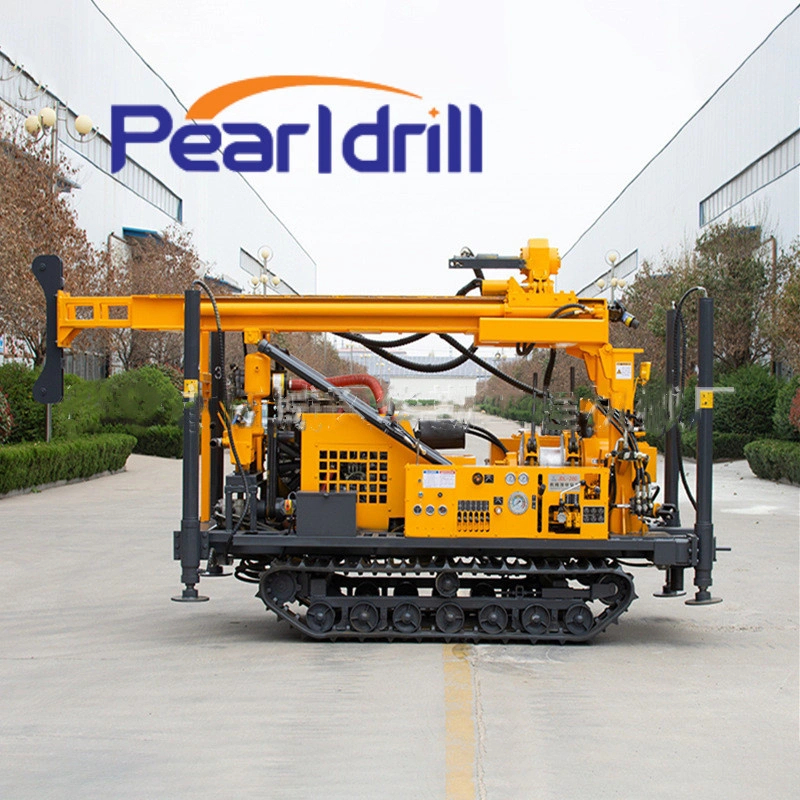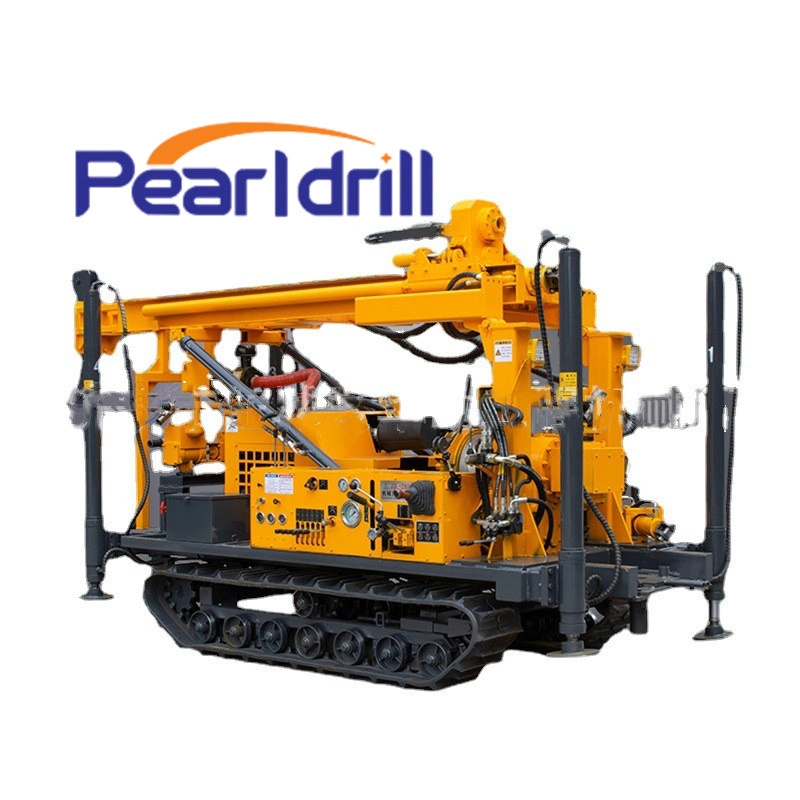What does it mean when a water well drilling rig emits black smoke in 2025
In 2025, with technology getting smarter, water well Drilling Rigs are more efficient than ever. But even the best equipment can have problems. When you see your rig blowing thick black smoke while you're working, that's a serious sign it's trying to tell you something's wrong.

What Black Smoke Really Means
Simply put, black smoke from your rig is a sign that the engine isn't burning fuel completely. The black stuff in the smoke is just carbon particles that didn't get burned. It's like a person having trouble breathing; the engine is telling you it's not getting enough "oxygen" or "food" to do its job right.
Common Reasons for Black Smoke
1. Air Intake Issues: The Engine Is "Suffocating"
Clogged Air Filter: This is the most common reason. The air filter gets full of dust and dirt over time. If you don't clean or replace it, the airflow drops a lot. This messes up the fuel-to-air ratio, giving you too much fuel and not enough air, so the burn is incomplete.
Leaky or Blocked Intake Pipes: Check all the air intake pipes to make sure they're in good shape and aren't blocked by anything. A leak can cause uneven air pressure, which messes with the air-fuel mixture.
2. Fuel System Issues: The Engine Has "Indigestion"
Clogged or Faulty Injectors: Injectors are supposed to turn the fuel into a fine mist so it can mix well with the air. If an injector gets carbon buildup or is blocked, the fuel spray will be uneven, and some of it won't burn at all.
Bad Fuel Quality: Using low-quality diesel with too many impurities or water will directly affect how well the fuel burns and can quickly lead to injector wear and blockages.
Unstable Fuel Pressure: If the fuel pump or pressure regulator is faulty, the fuel supply pressure can be too high or too low, which messes with the amount and quality of the fuel spray.
3. Engine Overload: "Running It Too Hard"
Too Much Drilling Resistance: When the rig hits a really hard layer of rock, or the drill bit is very worn, the engine has to produce more torque. If it goes beyond its optimal range, it burns more fuel but with less efficiency, causing black smoke.
Hydraulic or Drive System Faults: Problems in hydraulic components (like a pump or motor) or drive parts (like the gearbox) can increase the load on the engine, which indirectly causes it to emit black smoke.

How to Handle It and Prevent It
Shut It Down: Stop drilling right away and turn off the engine. Don't keep running it—that can lead to much more serious damage.
Check the Air Filter: This is the easiest and quickest thing to check first.
Get Professional Help: If the problem is still there after you replace the filter, it's probably a fuel system or internal engine issue. At that point, you should contact a professional repair team to diagnose and fix it.
To prevent your rig from smoking black, you should:
Stick to a Maintenance Schedule: Follow the manufacturer's instructions and regularly replace the air, oil, and fuel filters.
Use Quality Fuel: Make sure you're buying and using good quality diesel.
Operate It Properly: Don't overwork the rig. Adjust your drilling parameters to match the ground conditions.
 To Wrap It Up:
To Wrap It Up:
In 2025, black smoke from your water well drilling rig is a clear sign of a problem. Only by taking it seriously and handling it with the right fixes and preventative care can you ensure your equipment runs reliably for the long term.
Contact us
Interested in high-quality, cost-effective drilling solutions? Click the link to contact us now!


